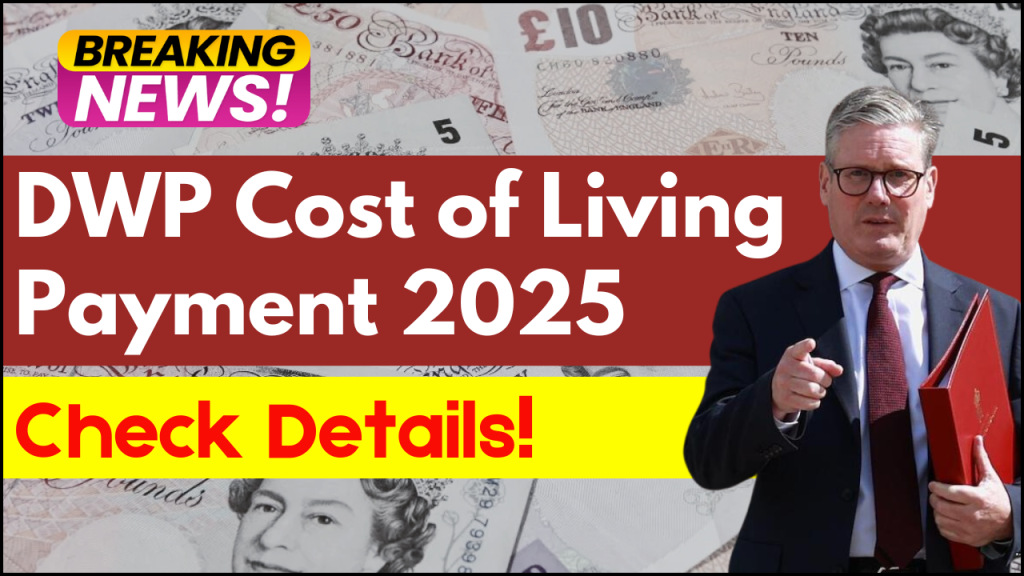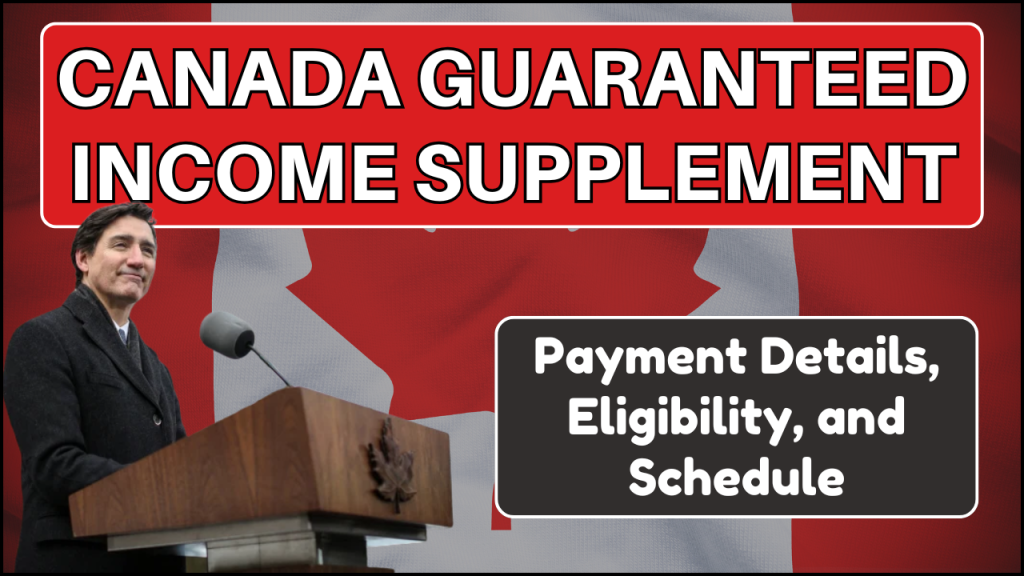
As many UK households continue to feel the pressures of rising costs, including skyrocketing energy bills, high inflation, and overall increased living expenses, the Department for Work and Pensions (DWP) is stepping in to provide essential financial aid. In 2025, the DWP will continue to offer support through its Cost of Living payments to help vulnerable people manage their financial situations. The details about new benefits, increases to existing benefits like PIP and DLA, and the full list of eligible individuals are shared below.
Key Details of the DWP’s 2025 Payments and Updates
| Benefit Type | Amount | Eligibility | Qualification Period | Date of Payment |
|---|---|---|---|---|
| Cost of Living Payment | £400 | Universal Credit, Jobseeker’s Allowance, Pension Credit, others | Determined by benefit award dates | Spring 2025 |
| PIP and DLA Increase | 1.7% increase in total support amount | Adults aged 16+ with disability or children under 16 receiving DLA | Assessment period and qualifying benefits | From April 2025 |
| Winter Fuel Payment | £200 – £300 depending on age and circumstances | People over 65, those with a qualifying date | Fall 2025 | |
| Housing Benefit Increase | Variable based on rent costs | Those living in private rented homes | Determined by benefit status and rent costs | 2025 payment adjustments |
How will These Payments Help You?
With the increasing costs of day-to-day essentials, these DWP payments will serve as a crucial lifeline for thousands across the UK. The DWP Cost of Living Payment in 2025 will reach individuals and families receiving benefits such as Universal Credit and other qualifying payments like Pension Credit, Jobseeker’s Allowance, and Income Support.
PIP and DLA Benefits in 2025
A very important change in 2025 is the increase in benefits specifically aimed at those with disabilities, including Personal Independence Payment (PIP) and Disability Living Allowance (DLA). Both benefits provide crucial financial support for individuals with disabilities or serious long-term illnesses, helping them cover costs related to daily living and mobility needs. For both PIP and DLA, the DWP has confirmed a 1.7% annual increase starting in April 2025.
Details on Benefit Increases:
- PIP: If you’re an adult aged between 16 and State Pension age and have a long-term condition or disability that impacts your daily living or mobility, you may qualify for PIP. Under the new updates for 2025, the maximum amount for PIP will increase by £151 per year, bringing the highest weekly rate to £749.
- DLA: For individuals who either have a disability before turning 16 or are children applying, DLA will also see an annual increase of £151 per year, amounting to the same maximum rate of £749 per week for those qualifying.
Who Can Receive These Benefits?
You may be eligible for these payments and increases if you are:
- Receiving Universal Credit: All families or individuals currently getting Universal Credit can get the cost of living payment as well as other help such as working or child tax credits.
- Receiving Jobseeker’s Allowance or Income Support: Both of these benefits apply to anyone in financial need or those actively searching for employment.
- Pension Credit, DLA, or PIP recipients: Disabled people and older people can rely on these targeted payments and the increase in benefit rates.
If you meet the criteria, there’s no need to apply separately for the Cost of Living payment. Payments will automatically be issued to your designated bank account in the coming months.
How Do You Apply for PIP and DLA?
Both PIP and DLA require an application process, but don’t worry; the steps are straightforward.
- For PIP Applications (Adults 16 and Older):
- You’ll first complete a simple claim form which requires details about how your condition affects your daily life.
- You may then need to attend a face-to-face or telephone assessment. The assessment is used to determine how much financial support you are entitled to.
- Once your claim is processed, the DWP will notify you of your eligibility and the amount of support available to you.
- For DLA Applications (Children under 16):
- If your child is eligible for DLA, the application must be completed by the parent or guardian. This includes providing medical reports, a care needs assessment, and details of your child’s mobility requirements.
- As part of the process, the child may undergo additional checks based on age and condition.
How to Maximize Your Financial Relief in 2025?
There are steps you can take to maximize the support you receive:
- Review Your Benefits Regularly: Your financial situation may change, and keeping your benefit details up-to-date can help ensure you get the payments you’re entitled to.
- Consult a Benefits Advisor: If you’re unsure about your eligibility or need advice on how to apply, free advice is available online or at your local council.
- Use the DWP’s Cost of Living Calculator: Make sure to calculate how much support you can claim, depending on your individual and household situation.
FAQs
1. What If I Miss the Payment Period?
Ans: If you miss out on the payment in the first round, make sure your details are up-to-date with the DWP. You can always reach out to your local DWP office or benefits advisor if you think there’s been an error or misunderstanding.
2. How Can I Ensure I Get the Right Payments?
Ans: Ensure you are receiving all of the relevant benefits you may be entitled to. You can use the government’s benefits checker tool online to see if you qualify for extra support.
3. Will the Increase in Benefits Cover My Rising Costs?
Ans: While the 1.7% increase may not fully match the inflation rate, it’s an essential adjustment to offset the impacts of rising costs, especially when combined with the new £400 bonus.
Conclusion
The 2025 updates to DWP’s benefits programs provide essential relief, particularly with the increases in PIP and DLA, as well as the £400 cost of living bonus aimed at easing inflationary pressures. Stay informed about updates, and don’t hesitate to reach out to the DWP or benefit advice services if you’re uncertain about the process. If you’re eligible, these extra payments can be a real help in covering the rising costs of living and ensuring a more manageable financial future.


